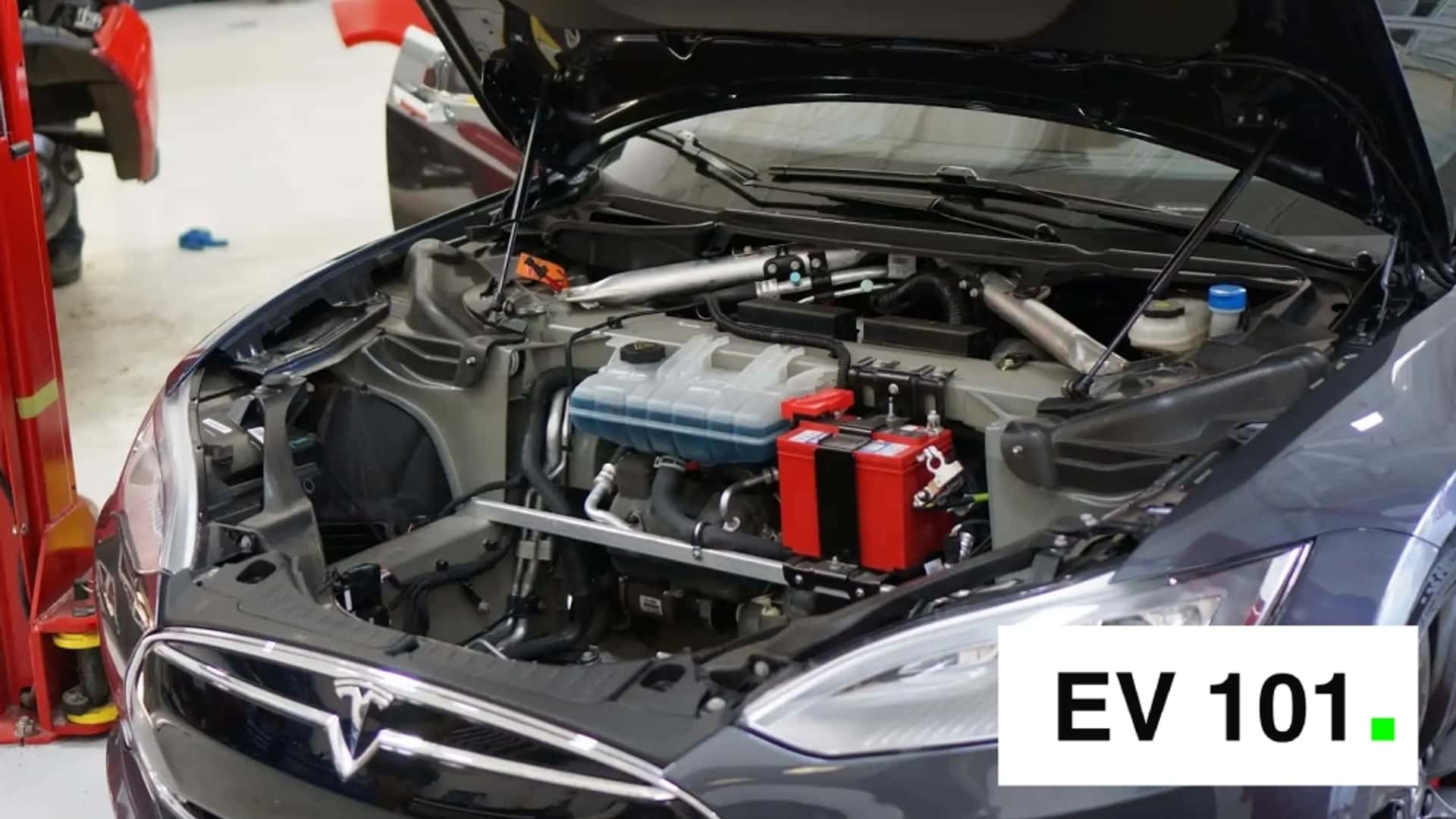
ARE ELECTRIC CARS RELIABLE?
In general, EV reliability is rather low, but maintenance costs are, too. However, there are some reliable electric cars out there, too.
Electric car reliability is a bit of a mixed bag, and there's a reason for that. Jake Fisher, senior director of auto testing at Consumer Reports, explains:
Most electric cars today are being manufactured by either legacy automakers that are new to EV technology, or by companies like Rivian that are new to making cars. It’s not surprising that they’re having growing pains and need some time to work out the bugs.
So, you either have legacy automakers new to the EV game or startups new to making automobiles. Neither of these is a good starting point for reaching the end result of a reliable electric car.
But then there's Tesla, which has been making only electric cars for over a decade. Though some build quality issues still exist, Teslas have proven to be quite reliable these days.
Let's take a step back, though, and look at the broader picture of reliability for different types of vehicles. Per Consumer Reports:
...electric vehicles have 79 percent more reliability problems than a gasoline- or diesel-powered vehicle, on average. Plug-in hybrids fared even worse; they have 146 percent more issues on average than the conventional alternative. Simpler not-plug-in hybrids, on the other hand, have 26 percent fewer reliability problems than conventionally powered vehicles.
Okay, so plug-in hybrids are the worst, which makes sense since they combine electric drive with combustion engines. Hybrids fare the best (even better than gas-only vehicles), and fully electric cars land in the middle.
Some of the most common problems electric car owners report are issues with electric drive motors, charging, and batteries. All three of these apply to plug-in hybrids, too. However, conventional hybrids cannot do this type of charging, so they are immune to this problem area.
Tesla is the lone standout in electric car reliability if we look at makes, yet it's only about midpack in terms of overall reliability amongst all automakers.
Consumer Reports' Jake Fisher states:
Tesla’s Model 3 and Model Y are now the sweet spot in the automotive industry when it comes to building electric cars. While Tesla is still a relatively new car company, it has more experience producing EVs than any other automaker.
Consumer Reports recommends both the Model Y and Model 3.
Steven Elek, who leads the auto data analytics program at Consumer Reports, has this to say about Tesla EVs:
“While Tesla’s EV components are generally reliable, the company continues to struggle with the build quality of its vehicles. Tesla powertrains are now pretty solid for the most part, but Tesla owners report a lot of build quality issues including irregular paint, broken trim, door handles that don’t work, and trunks that don’t close. All of these pull down the brand’s reliability score.”
Turning our attention back to those problematic plug-in hybrids, Fisher states:
“PHEVs are sort of like an EV and a conventional car rolled into one, so by their nature they have more things that can go wrong with them."
However, even in the PHEV segment, there are some standouts, like the Toyota RAV4 Prime, which was one of the top-rated models overall in terms of reliability, according to Consumer Reports.
The Takeaway
According to the Department of Energy, electric vehicles should be easier and less costly to maintain than gas or gas-electric vehicles since they have many fewer moving parts. However, EVs do tend to be less reliable overall. EV reliability is expected to increase as automakers gain more experience in this relatively new field of automobiles. Additionally, fixed via over-the-air updates are expected to increase, meaning less trips to dealerships.
So, right now it's a bit of a mixed bag when it comes to EV reliability. Tesla leads the pack and others are playing catch up, but in the years to come, it seems likely that EVs will become more reliable than gas and hybrid vehicles, especially when some of the automakers known for reliability, like Toyota, enter the EV segment in a meaningful way.
*Consumer Reports gathered data from 330,000 owners of vehicles from the last three model years. The survey covers 20 potential problem areas, including engine, transmission, electric motors, leaks, and infotainment systems. It uses the survey data to generate reliability scores for each vehicle and model year.
More On EV Maintenance
- How Do You Maintain An Electric Car?
- Teslas Have Cheapest 10-Year Maintenance Costs: Consumer Reports
- What's The Ideal EV Maintenance Schedule?
- What Regular Maintenance Is Required For An EV?
Source: Consumer Reports
2024-06-14T20:21:01Z dg43tfdfdgfd